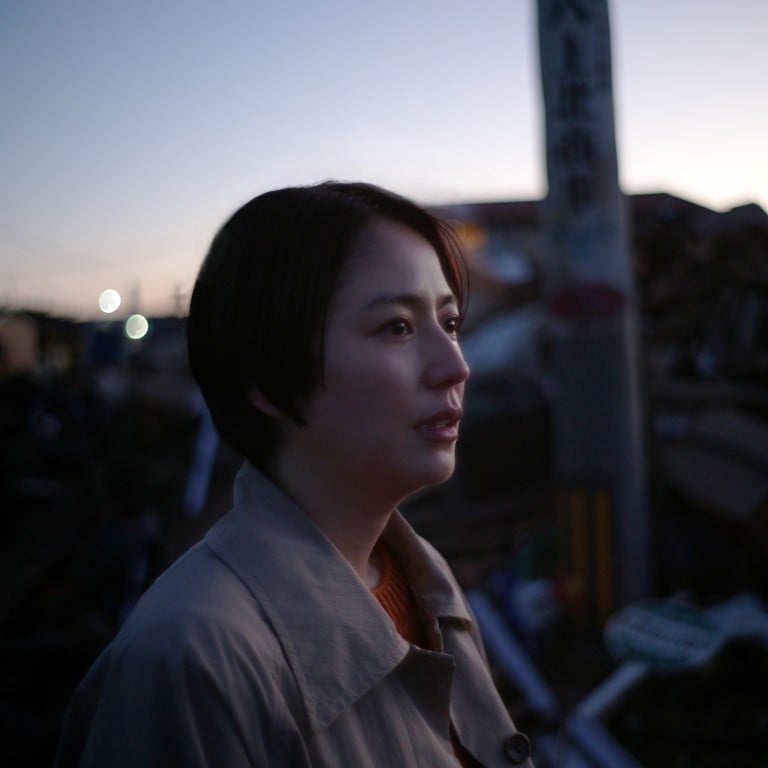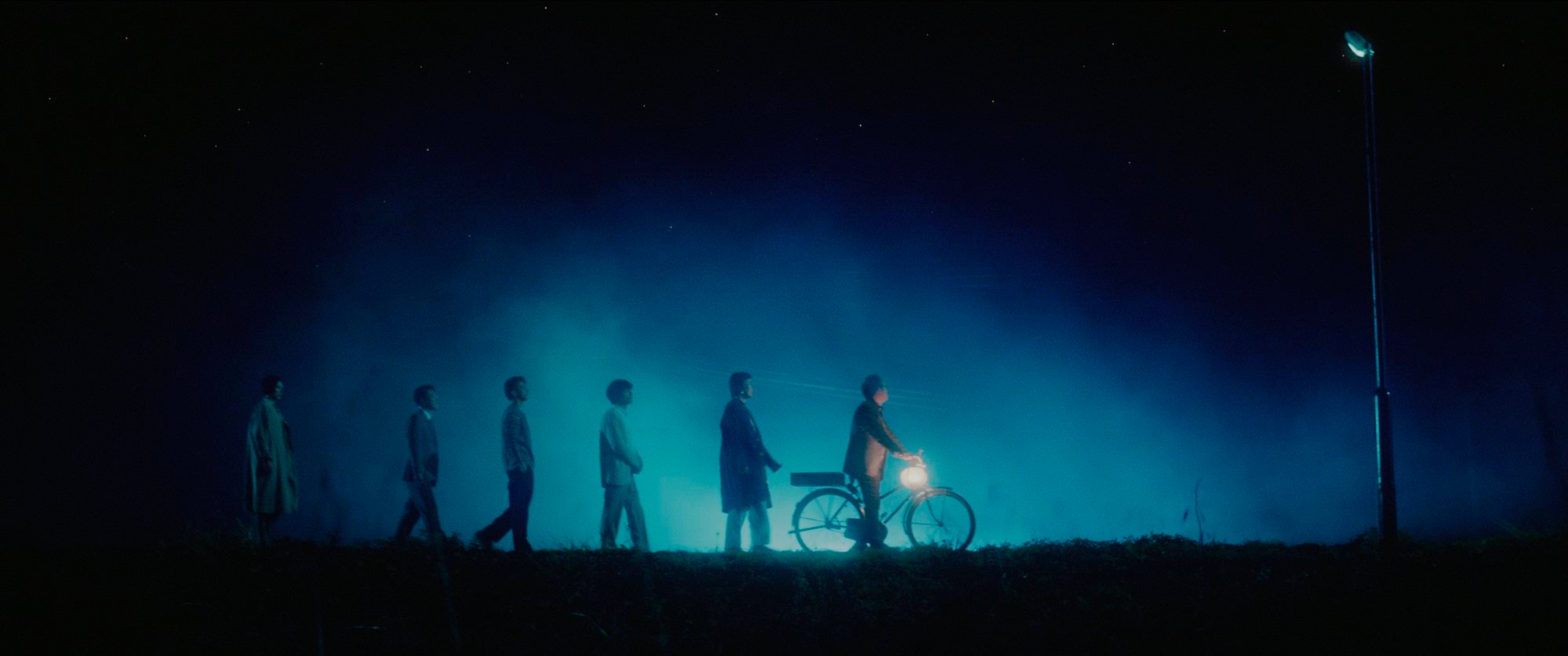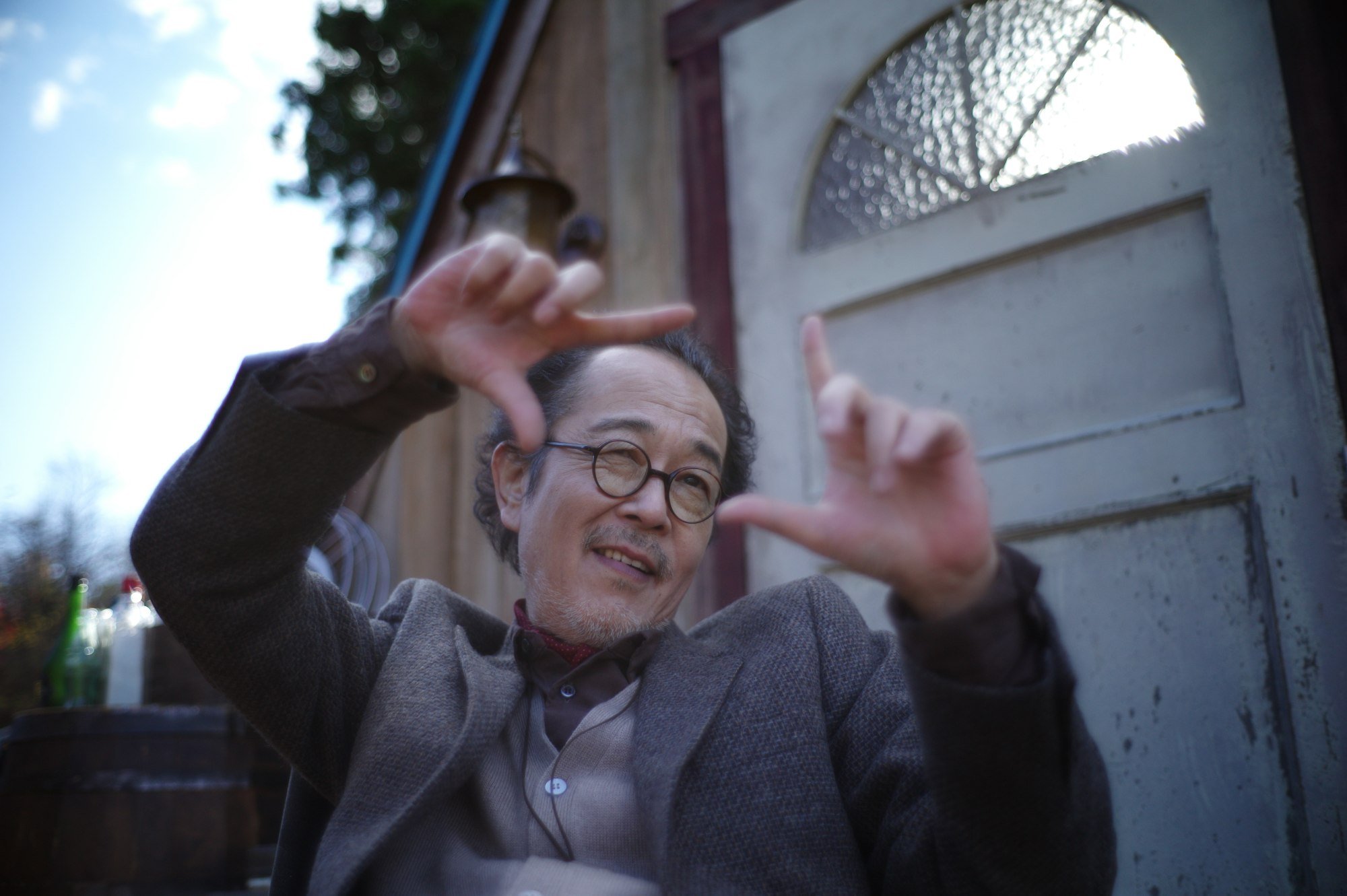
Review | Netflix movie review: The Parades – Japanese supernatural drama starring Masami Nagasawa offers an intriguing vision of the afterlife
- A woman awakes on a beach to discover she has died, and soon forms an existence with a group of similarly lost souls, among them Lily Franky’s filmmaker
- Director Michihito Fujii focuses on his characters’ emotions as they deal with their regrets over unresolved issues – the obstacle to them finding eternal peace
3/5 stars
In supernatural drama The Parades, Masami Nagasawa stars as Minako, a single mother who awakes on a beach to discover that she has been killed in a natural disaster.
As she scours the devastation for her young son, she encounters a group of similarly lost souls, all stuck in limbo between life and death. A former journalist, Minako soon realises that she is unable to interact with the living, but can observe the daily reports of casualties from the tsunami.
While waiting for news about her boy, she meets Akira (Kentaro Sakaguchi), who introduces her to his surrogate family of spirits. These include a young yakuza (Ryusei Yokohama), a celebrated film producer (Lily Franky), a former hostess (Shinobu Terajima), a bank manager (Tetsushi Tanaka), and a high-school girl (Nana Mori).
They welcome Minako into their group, and assist in her readjustment to their bizarre existence. Crucially, this involves monthly parades, when all the dead who have yet to find peace come together and walk through the streets in search of their loved ones.
Directed by Michihito Fujii (The Last 10 Years), The Parades presents a version of the afterlife not wholly different from real life.

Minako and her new friends occupy an abandoned fairground on the outskirts of town, away from their families and homes, but they eat, drink and sleep as they always did, and are able to interact with vehicles and other inanimate objects without attracting attention.
Fujii appears uninterested in these trivial narrative inconsistencies, focusing instead on the emotional experiences of his characters as they wrestle with regret over issues they have left unresolved. Only when these demons have been reconciled are they able to find eternal peace.
The Parades might begin as a relatively straightforward story of a mother desperately searching for her son, but it evolves into something altogether more ambitious.

Lily Franky’s Michael was never able to complete his magnum opus, a stirring romantic drama based on his own heartbreak during the student protests of 1968. Eventually he manages to convince the rest of the group to help him complete the film, and somehow get it seen by those he left behind.
Fujii seems to share Michael’s belief that cinema is a transcendental medium that wields the power to stir the emotions in a way, perhaps, even real life is incapable of. While The Parades never quite reaches Earth-shaking levels of profound melodrama, the results may well force a tear or two.
The Parades will start streaming on Netflix on February 29.

